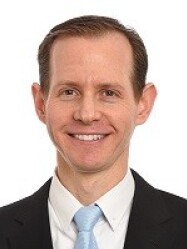BibTex format
@article{Nakubulwa:2022:10.1371/journal.pone.0267052,
author = {Nakubulwa, MA and Greenfield, G and Pizzo, E and Magusin, A and Maconochie, I and Blair, M and Bell, D and Majeed, A and Sathyamoorthy, G and Woodcock, T},
doi = {10.1371/journal.pone.0267052},
journal = {PLoS One},
title = {To what extent do callers follow the advice given by a non-emergency medical helpline (NHS 111): A retrospective cohort study},
url = {http://dx.doi.org/10.1371/journal.pone.0267052},
volume = {17},
year = {2022}
}

